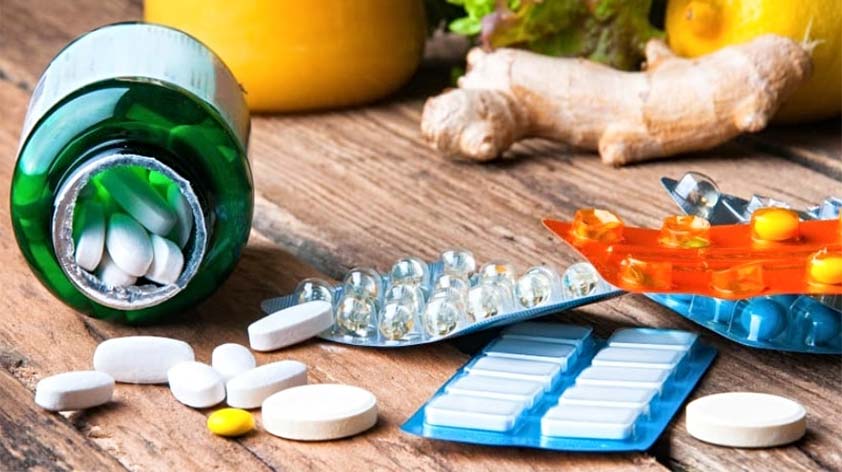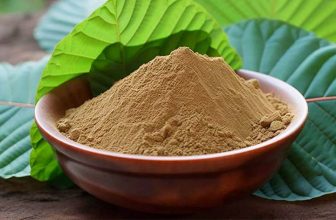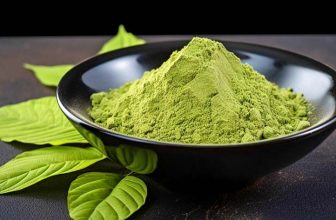
Have you ever experienced inexplicable chest pain or eye problems? Ever feel curiously tired or down? Have you experienced weak hair and nails, or stormed a seemingly unprovoked acne breakout? Nutrient deficiencies can be the cause of all kinds of issues, from chest pains to pimples.
With the preoccupation of everyday life and often-contradictory online health advice, it can be hard to ensure that you are hitting your nutrient targets and know how exactly to maintain them. Here are some scientifically-backed indicators and tips to help clear the fog around nutritional information to ensure you kick those common nutritional deficiencies to the curb. Read on for 3 Common Vitamin & Nutrient Deficiencies and How to Solve Them!
1. Iron
Purpose of Nutrient:
Iron is central to the growth and maintenance of a healthy body.
Miscellaneous Interesting Facts:
Iron deficiency is often associated with anaemia, a disease caused by a lack of red blood cells (or hemoglobin), important for transporting oxygen around your body. Since iron is crucial to our body’s production of red blood cells, a deficiency is often followed by anemia, making it an important nutrient to include in your diet.
Deficiency Stats:
According to the World Health Organisation, (WHO) iron deficiency ranks first as the most common nutritional disorder globally, with women, especially of childbearing age, being the most vulnerable.
Anemia is very common and not extremely dangerous, but its prevention is crucial in helping you feel your healthiest, most energetic self. Because of their biological connection, indicators of iron deficiency can also indicate anemia, so keep your eyes peeled for these signs.
Deficiency Indicators:
- Weakness and fatigue
- Heartbeat irregularity
- Paleness
- Icy feet and hands
- Chest pain
- Short breath
In fact, people with a serious case of deficiency have even been found to develop what doctors call ‘pica’, where individuals crave non-foods, like paper, ice, and even dirt.
What to Eat, Do & Take (supplement) to Prevent it:
Fortunately, there are some easy steps we can take to treat and prevent iron deficiency. Foods with lots of vitamin C help the body’s absorption of Iron:
- Broccoli
- Orange juice
- Strawberries
- Foods high in Iron:
- Beans and lentils
- Tofu
- Dark leafy greens like spinach
- Wholegrain and enriched breads
Iron deficiency is easier to avoid when following a healthy diet. If you think you could be deficient, supplementing iron vitamins daily and speaking to your GP might be a good option for you.
2. Vitamin A (aka retinol)
Purpose of Nutrient:
You might have seen it on the label of your face cream, or in the ingredients of your serums. Vitamin A is not only crucial for the development of bone, skin, vision, and reproduction in the body but has been proven to improve cells in the epidermis (a fancy word for your skin). Despite deficiencies rarely occurring, low levels of vitamin A are common in the UK.
Deficiency Indicators:
- Eye problems; dry eyes, night blindness
- Dry skin
- Acne breakouts
- Throat and chest infections
What to Eat, Do & Take (supplement) to Prevent it:
To keep up to scratch on your vitamin A levels remember to include:
- Lots of orange and yellow fruits and vegetables (carrots, mango, cantaloupe melon)
- Broccoli
- Fortified cereals
- Spring greens
Purpose of Nutrient:
Vitamin D regulates calcium and phosphate in the body, which is crucial in maintaining bone and muscle strength and overall health.
Miscellaneous Interesting Facts:
Vitamin D deficiency can cause highly intrusive side effects but luckily the only thing preventing a healthy level is a balanced diet and getting yourself outdoors! That is, eating foods rich in vitamin D and getting lots of sunlight.
Vitamin D also helps maintain the strength of your teeth, nails and muscles. Deficiency of the vitamin is very much prevalent in the UK, with 1 in 5 citizens shown to have dangerously low levels according to a national survey.
Deficiency Indicators:
- Fatigue
- Depression
- Bone and Hair loss
- Weak immune system
3. Vitamin D
What to Eat, Do & Take (supplement) to Prevent it:
Vitamin D can be obtained through food and sunlight. Therefore, to prevent and treat a deficiency it is important to spend time outside and eat foods rich in the nutrient. These include:
- Mushrooms
- Fortified milk alternatives
- Fortified orange juice
- Fish









